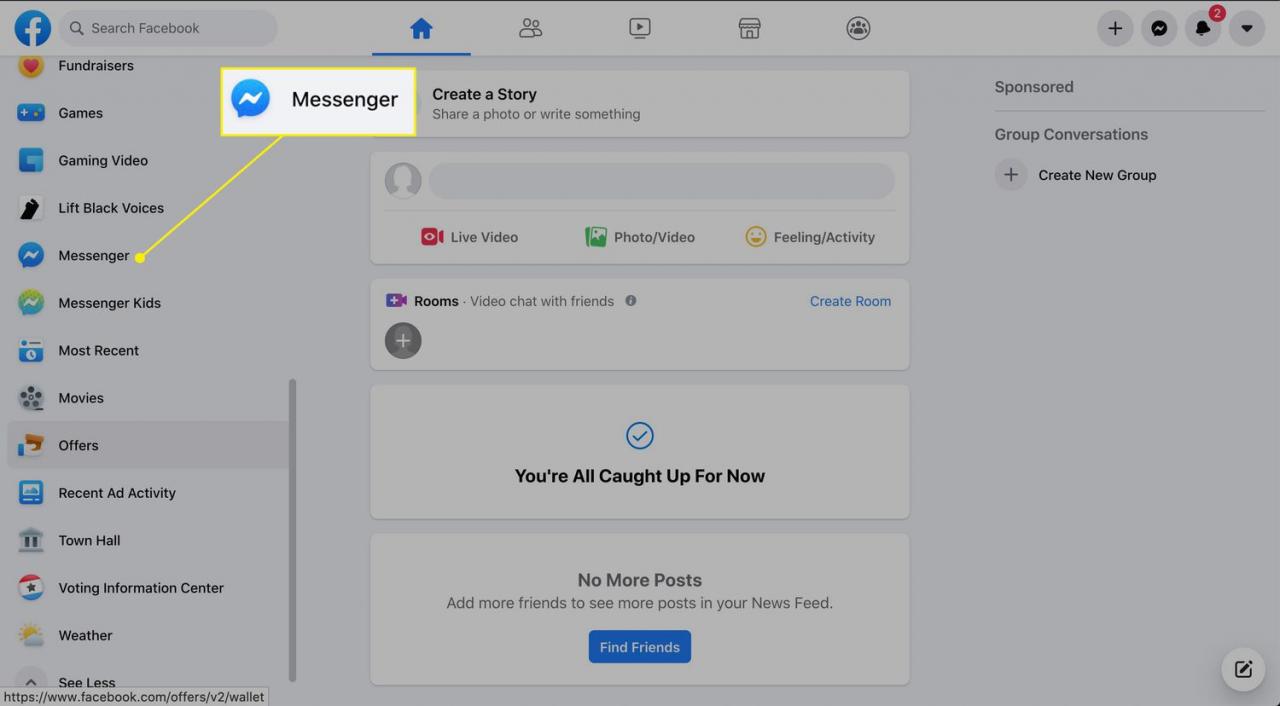
The conclusion of treatment is a considerable accomplishment when a customer and therapist have a close and long-lasting relationship. Dealing with termination is much more essential when a client and a therapist are not an excellent fit or when there is a problem in the relationship, such as persistent no-shows or restorative dissatisfaction.
Customers can end therapy anytime, for any reason, or without description. Understanding when to end therapy is a crucial skill for therapists considering that it can safeguard both the customer and the therapist. If a client’s requirements alter or the therapist all of a sudden becomes unable to work, the relationship may end abruptly or after numerous conversation sessions. Understanding how this process can go and what it implies to end up treatment can be helpful due to the fact that all treatment relationships ultimately end.
Various Reasons to Terminate Therapy
Customer’s Progress
Ideally, therapy must have definite goals. It might be reasonable to switch customers to a new therapist or stop treatment completely when they have actually reached their objectives. A therapist working with a brand-new moms and dad experiencing postpartum anxiety might mutually decide to end therapy once the customer’s depressive symptoms have actually gone away. The client may stop treatment completely or choose to find a therapist at GoodTherapy, who has experience in other issues.
The therapist and the customer might experience blended emotions when choosing it’s time to move on. The customer needs to be aware that while they can return if they require support again, the therapist is not a friend with whom they can have a relationship outside therapy.
Unhappy Client
Clients can end their connection with their therapist if they are disappointed with their care, disagree with their approach, or think the therapist has actually dedicated malpractice. If the client does not, the therapist should decide if the healing collaboration can go on.
Frustration with the therapist’s services may work as a starting point for discussion and personal development. The relationship should normally end when the therapist and customer have considerable conflicts, or the customer implicates the therapist of acting unethically.
Client Repeatedly Cancels Appointments Or Raises Other Practical Concerns
Therapists have to address both useful issues and mental health issues. Therapist lose time they could be investing with other customers when a client consistently cancels visits. Also, a therapist may have to quit working with a customer who makes unreasonable demands.
Send out the client a termination notification if they refuse to attend therapy sessions utilizing their favored kind of communication, preferably by means of numerous channels, such as e-mail. Present any more useful concerns to the customer in objective, non-stigmatizing words, and think about referring them to a different therapist if needed.
Other Reasons: The treatment development will be obstructed because the customer or therapist feels they are not a great fit. Early in treatment, this regularly happens.Due to jurisdictional concerns, the therapist can not continue offering services to the client because either the therapist or the client is relocating.To guarantee that the client gets the very best care possible, the therapist suggests a different practitioner when the client experiences brand-new signs outside the scope of their training.The customer has actually been seeing their present therapist for a while, but they think a new therapist might have the ability to address problems or advance their development in a different way.
Image from pixabay by epicioci
The Following Are Some Causes For A Client To End Therapy Permanently
Offering clients a voice in their treatment is essential to guaranteeing they receive the appropriate care for as long as they require it. 1The patient desires to discontinue therapy for any reason, to reboot it later.When the customer’s insurance protection is lost, they can not pay for services.
Ending Therapy With A Child.
Kids might find termination difficult, especially if they do not have many dependable people or have actually suffered several losses. Early discontinuation of treatment ought to be discussed, and the child needs to be notified as much as feasible.
Give the kid an age-appropriate explanation of the reason why therapy should halt. For instance, you may highlight how far the youngster has actually come and how they no longer require your help. Stress your issue for the youngster and your dedication to being there for them if they ever require support again (however only if this is true; it might not be if there is a dispute with the moms and dads or another factor for termination).
Professionals’ Suggestions Regarding How To End Therapy.
Early On, Bring Up Termination.
When you start seeing someone, as part of your notified authorization arrangement, speak about how and when treatment will conclude. The idea and practice of termination shouldn’t be shocking.
Speak about how you’ll examine treatment objective progress as you introduce the process of ending treatment. Prior to starting your treatment technique, Eva Feindler, Ph.D., a psychology teacher at Long Island University, advises gathering information about the standard signs, reassessing the signs regularly, and after that bringing up the possibility of treatment termination based on modification rankings.
A Sudden End Should Be Avoided.
Too quickly ending treatment– whether you conclude your patient has attained their objectives or they decide they are prepared to be done themselves– leaves clients feeling deserted and missing out on an important possibility to keep therapeutic progress.
There is no stringent deadline. If a patient regularly participates in therapy each week, you can think about reducing the frequency over time– for instance, transferring to biweekly, then monthly sessions, up until termination. According to research study, termination concerns account for around 12% of the time psychotherapists spend treating clients.
Image from pixabay by Shutterbug75.
Know When To Refer.
Inform your client instantly if you can not provide ongoing therapy. Despite the fact that it could be challenging to confess that a patient’s needs fall outside your proficiency, it is a psychologist’s ethical duty to make the proper recommendations.
Although the patient’s symptoms are within your proficiency, you can discover they are not heading toward their objectives. Choose a finite variety of sessions for the termination stage because circumstance, and then work with the patient to find a better fit..
Creating A Professional Will.
Mostly if you run in private practice, it’s vital to establish a plan for your clients in the case of your disease or death. Details like your conference schedules, how to access your client records, and where you store the keys to your office may be included in a specialist will, a document that serves as a backup prepare for your clients if you can not. Likewise, it names a colleague who your enjoyed ones can contact in an emergency.
Speak with Professionals.
Several theoretical orientations provide recommendations for combining client development. In the custom of cognitive behavioral treatment, a therapist may be more most likely to talk about behavioral objectives than a psychodynamic therapist, who could place more focus on the restorative alliance.
John Norcross, Ph.D., professor and chair of psychology at the University of Scranton in Pennsylvania, encourage basing your treatment on a pantheoretical consensus of psychologists to prevent restricting client growth during the termination period.
Benefit from The Patient’s Response.
Your client may show grief, dissatisfaction, or even feelings of abandonment, even if you and your patient concur it’s time to end treatment. Termination might seem like a repetition of the whole course of treatment. Your client’s anxiety about not feeling great enough might have increased, but termination may bring those sensations back.
If your patient brings up past sentiments of desertion, examine those ideas and advise them of the coping systems they have discovered through your work together.
Look Back On Positive Growth.
Reminding clients of their accomplishments is essential for strengthening their achievements considering that it can inspire pride and future self-confidence. Looking back can help clients in combining their progress and making the therapeutic benefits long-term, so they can carry them with them and remember their accomplishments, according to Woodhouse.
Think about the excellent elements of the therapy relationship and how it grew or developed through time, in addition to thinking back on instances of goals being fulfilled.
Anticipate Potential Difficulties.
Go over how clients may utilize the lessons they’ve learned from the previous sessions to conquer issues they may face and advance their development. This may entail anticipating problems or symptom remission and reassuring the client that they can handle these issues thanks to their recently established capabilities or sense of self.
Plan what the patient should do if they subsequently need support. For instance, you could provide the option for future treatments or erratic booster sessions. Inform the patient in advance if you are not available and deal alternative options, such as support system or other therapists.
Image from pixabay by Alexas_Fotos.
Prepare the Farewell.
Select a technique you both feel comfortable with by asking the patient what they hope to achieve from the final session. You might choose to shake hands or hug each other after the session, write a note to one another, or exchange a moments that signifies the client’s imaginative undertakings.
Manage your feelings..
When you part methods with a patient, you might experience a series of emotions, such as pride in all they’ve accomplished, grief for the break up of the relationship, or even shame if you feel you weren’t able to support them as much as you would have liked. Be mindful of tending to and overcoming your experience.
When Not to Terminate a Contract.
It is acceptable to reveal this if the client is not gotten ready for termination when the therapist brings up the topic. You can pick the best course of action with your therapist moving on.
Some customers decide to hold sessions only occasionally, as required, or when every couple of months, depending on just how much stress they are experiencing.
Conclusion.
The process of parting methods with a client can be either basic and expert or more psychological. The client might feel various things, from pride, satisfaction, and a sense of independence to melancholy and loss. Validate the client’s feelings by permitting them to reveal themselves.
The actions from a therapist might vary just as much. Reward the client for their diligence in therapy and take pride in your 2’s development.













